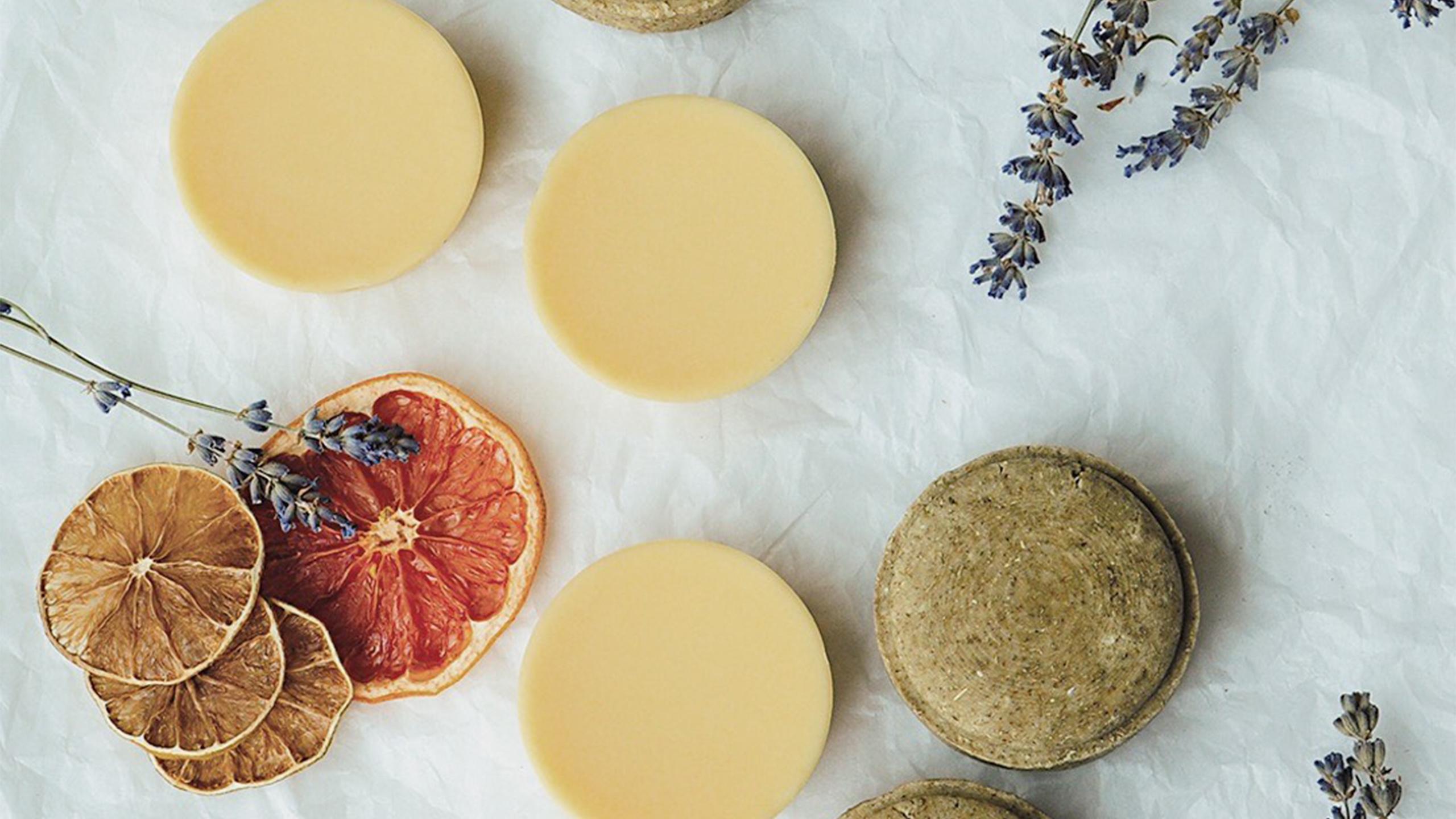By Smiksha Singla
Maria Portillo, a business management alumna, is the founder of Sōmi, a sustainable personal care brand with a mission to reduce the use of single-use plastics and prevent plastic from entering oceans and landfills.
Launched in October 2021, Sōmi offers a collection of shampoos, conditioners and body wash bars that are composed of sustainably-produced, biodegradable and plant-based ingredients. The concentrated bars are made without the use of water or palm oil, are handmade, vegan and cruelty-free.
In an effort to reduce water pollution as a beauty brand, Portillo explained that Sōmi formulates its own ingredients and product line. During their research, Portillo said her team looked for ingredients that were liquid-free and would allow for the elimination of plastic-based packaging.
“We researched ingredients that could act as alternatives to liquid shampoo and liquid soap products people usually purchase. We also made it important to come up with different bars that would be beneficial for different hair types,” she said, adding that she worked together with her mom to formulate the product line.
Portillo said the inspiration to develop a sustainable brand comes from her semester spent on exchange in Singapore and other neighbouring countries during her second year.
“I would go snorkeling and surfing and would see plastic bags, straws, cans and bottle caps in the water and sand,” she said. “Even when we would go camping in the mountains there would always be garbage on the ground left behind by campers that were previously staying there.”
“We didn’t create [Sōmi] based on profit but rather as a solution to an environmental problem that is affecting everyone.”
These experiences inspired her to create her own brand and implement sustainable changes to her lifestyle by switching to eco-friendly products.
Portillo said it’s becoming increasingly important to practice sustainability in personal care as the market only continues to grow and “become one of the biggest sources of pollution in the world.”
The beauty industry is one of the top offenders when it comes to packaging, according to Helen Hughes, sustainability director at Design Bridge. She said it contributes 120 billion units of packaging every year, with most of them being non-recyclable.
Portillo cited beauty products containing chemicals that pollute water systems. “Many of them contain microbeads, harmful chemicals, palm oil, parabens, non-biodegradable glitter and other microplastics, which unfortunately end up in our oceans.”
As a consumer, Portillo also recognizes that people often feel helpless when it comes to conscious-living and helping the environment. She said people often think that their small deeds do not make a difference and do not feel motivated enough to take those small steps.
“This feeling of powerlessness is what holds people back from doing more research and looking at their own habits to see in what ways they could change,” she said.
Although it takes more effort to live a zero-waste lifestyle, Portillo emphasizes that people are capable of change and suggests some ways in which they can create a positive impact through their daily routines.
“We can limit our purchases on clothing and plan to use them for the long-term, or buy used [items] rather than purchasing a lot of cheap, unsustainable and low-quality clothing from fast fashion retailers,” she said.
“I don’t think people don’t care about the environment but rather they feel helpless and believe that their actions won’t help in any way, which is far from the truth.”













Leave a Reply